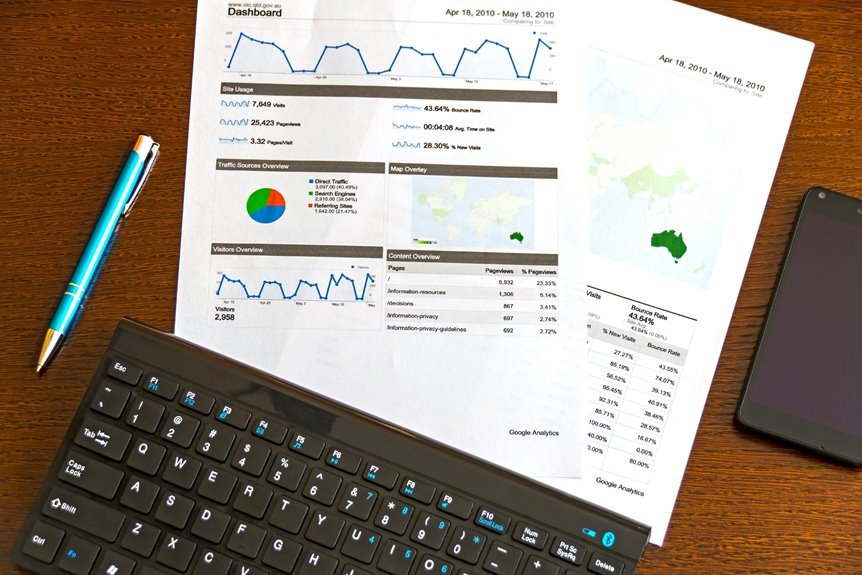Optimizing Marketing Performance With Big Data 3394140196
Optimizing marketing performance with big data presents a complex landscape for organizations. By integrating various data sources, companies can uncover insights into consumer behavior and preferences. Advanced analytics enable the tailoring of marketing strategies to specific segments, enhancing engagement and resource efficiency. However, the challenge lies in balancing innovation with ethical data management. What implications does this balance have for consumer trust and long-term marketing success? The answer may reshape future marketing paradigms.
Understanding Big Data and Its Impact on Marketing
Big data has emerged as a transformative force in marketing, fundamentally reshaping how organizations understand and engage with their consumers.
By leveraging diverse data sources, companies can extract meaningful insights, optimizing their strategies.
However, the integration of extensive data raises significant privacy concerns, necessitating a balance between innovative marketing approaches and the ethical management of consumer information to maintain trust and autonomy.
Analyzing Consumer Behavior Through Data Insights
Harnessing data analytics allows marketers to uncover patterns in consumer behavior that were previously obscured.
By employing data segmentation techniques, marketers can identify and analyze consumer trends, enabling them to understand preferences and purchasing habits.
This analytical approach empowers businesses to make informed decisions, fostering greater engagement and satisfaction among consumers, ultimately leading to enhanced marketing performance and optimized resource allocation.
Tailoring Marketing Strategies With Predictive Analytics
By leveraging predictive analytics, marketers can craft more personalized and effective strategies that resonate with specific consumer segments.
This approach utilizes predictive modeling to analyze historical data, enabling targeted customer segmentation.
Measuring Success: Key Metrics and KPIs in Data-Driven Marketing
Effective marketing strategies developed through predictive analytics require robust measurement frameworks to evaluate their impact.
Key performance indicators (KPIs) and metrics such as campaign effectiveness and conversion tracking are essential for assessing marketing performance.
Conclusion
In the intricate tapestry of marketing, big data serves as both the loom and the thread, weaving together insights that illuminate consumer desires and behaviors. As organizations navigate the delicate balance between innovation and ethical stewardship, they must ensure that trust remains the cornerstone of their strategies. By harnessing predictive analytics and measuring success through key metrics, marketers can craft resonant narratives that not only engage but also respect the privacy of their audience, ultimately driving sustainable growth.







